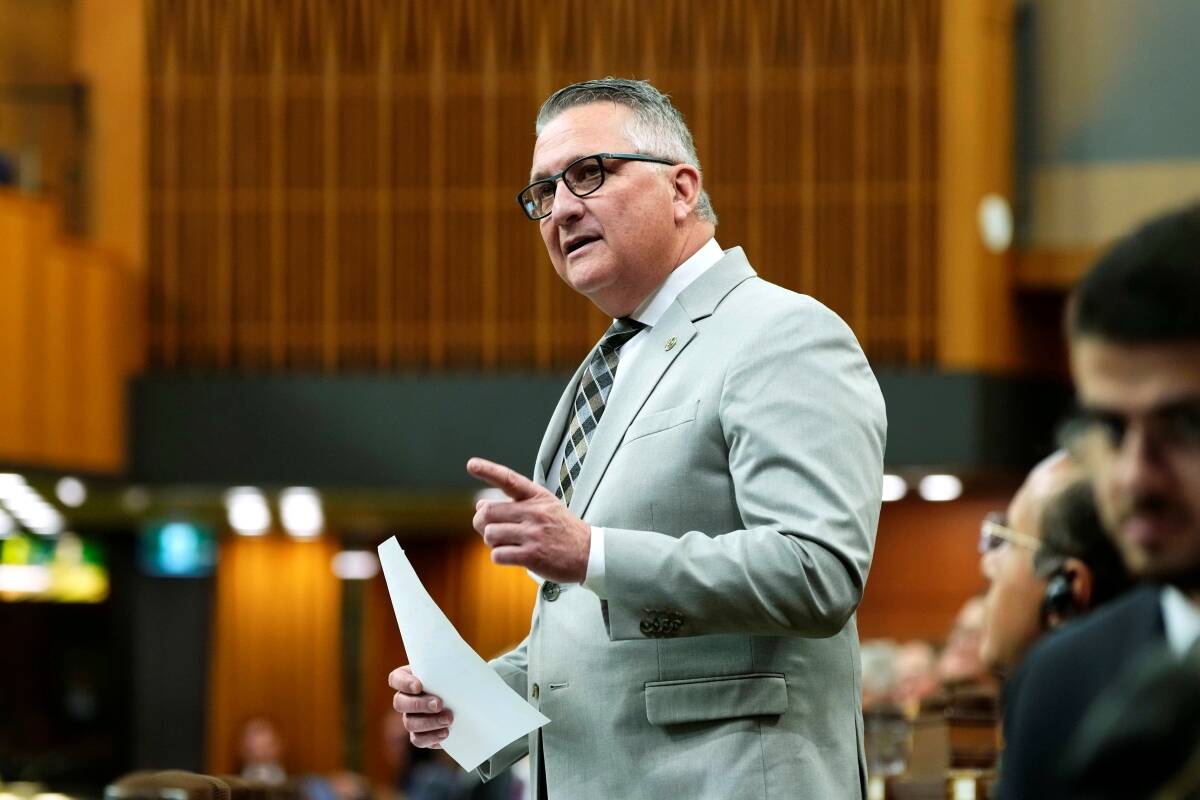Alberta’s minimum wage will rise to $12.20 per hour on Oct. 1, $1 more than the current rate, the provincial government announced today.
An increase will also take place on that date for weekly and monthly minimum wage earners, to $486 and $2,316 respectively.
The changes are part of the NDP government’s plan to bring minimum wage to $15 per hour.
Toward that goal, another increase is scheduled Oct. 1, 2017, when minimum wage will become $13.60 per hour. Yet another increase scheduled Oct. 1, 2018 will bring the wage to $15 with weekly and monthly minimums rising by equivalent amounts.
Read Also

Canada, Mexico look beyond U.S. as agri-food trade pact expands
Earlier this week Heath MacDonald, Canada’s Minister of Agriculture and Agri-Food and Mexico’s Secretary of Agriculture and Rural Development, Julio Berdegué, met to discuss bilateral relations and strengthen cooperation and trade ties between the two countries.
Alberta Labour Minister Christina Gray said the gradual increases to the $15 level “provides long-tem certainty to employers and workers.”
According to government figures, some 300,000 Albertans now earn less than $15 per hour and 78 percent of them are permanent employees. About 62 percent are women.
Today’s announcement of an increase included a list of comments from various organizations and businesses that support the increase.
However, the plan to reach $15 has also been widely criticized by employers who fear they cannot afford the wage or will cut staff to cover the additional cost.
The Wildrose party said the increase occurs at a time when the economy can least afford it. It also criticized Gray for her refusal to release an economic analysis of what the wage hike would mean.
“Alberta just lost 44,000 full-time jobs in May,” said Wildrose leader Brian Jean in a news release.
“Combined with a series of other tax increases, this aggressive timeline comes at the wrong time as our economy continues to suffer.”
Alberta Liberal leader David Swann greeted the increase with reservations, noting it comes during a recession, higher taxes and “in the wake of an increase in Canadian Pension Plan premiums that was agreed to on June 20.
“With many small businesses already struggling with the economic downturn, a dramatic increase in the minimum wage could be the end of a dream for many entrepreneurs,” Swann said in a news release.
As of June 30, British Columbia had the lowest minimum wage in the country at $10.45, followed by Saskatchewan and Newfoundland and Labrador, both at $10.50. New Brunswick is at $10.65, Nova Scotia at $10.70, and both Quebec and Prince Edward Island are at $10.75.
Other provinces and territories: Manitoba $11; Yukon $11.07; Ontario $11.25; Northwest Territories $12.50; Nunavut $13.















